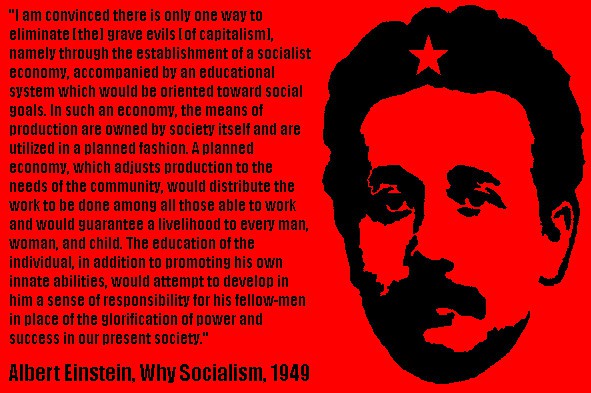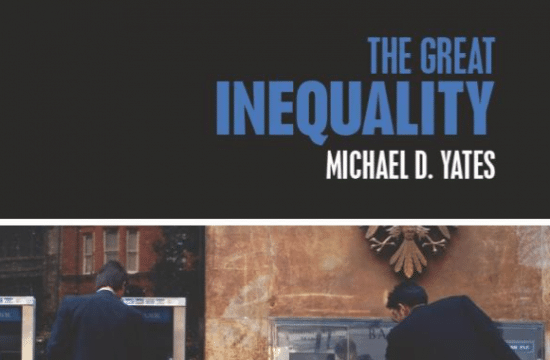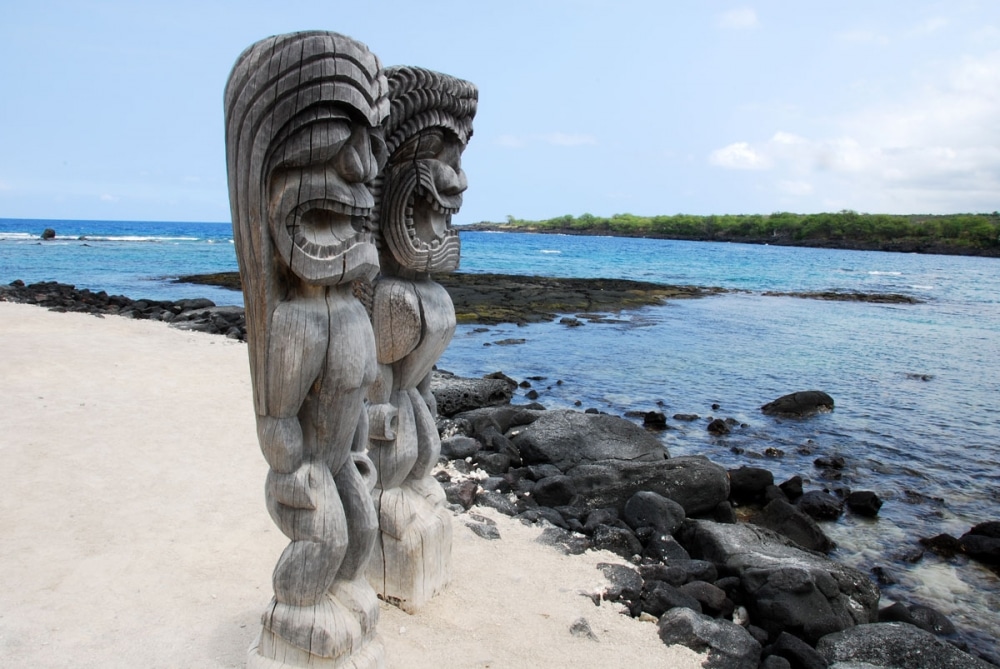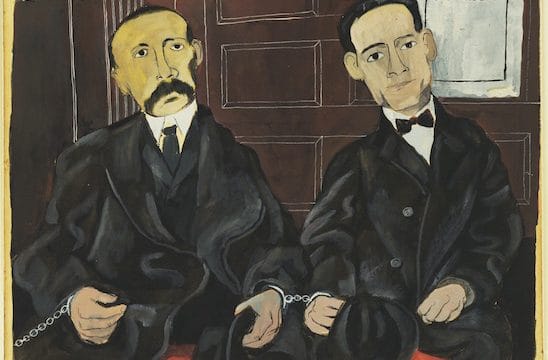 The death of Hugo Chávez saddens those struggling for a better world. He was a great champion of the impoverished workers and peasants of both Venezuela and the world, and a steadfast and bold critic of the rapacious and murderous imperialism of the United States.
The death of Hugo Chávez saddens those struggling for a better world. He was a great champion of the impoverished workers and peasants of both Venezuela and the world, and a steadfast and bold critic of the rapacious and murderous imperialism of the United States.
Monthly Review Press is proud of the books we have published on Venezuela, books which describe, analyze, and show solidarity with Venezuela’s Bolivarian Revolution, its road to democratic socialism. A key element in building a revolutionary, new society is to ensure the health of the people. This has been one of Chávez’s singular achievements; millions of poor Venezuelans have received (free) medical care for the first time. In cooperation with Cuba, Venezuela has begun to construct a system of patient-centered, decentralized, and preventive health care, a process examined in Steve Brouwer’s Revolutionary Doctors: How Venezuela and Cuba Are Changing the World’s Conception of Health Care. Remarkably, peasants and workers are themselves trained to be doctors, in a work and study program pioneered by Cuba.
Under Chávez, Venezuela has striven to secure its political and economic independence from the United States, which has had a sordid history of intervention in the country and in all of Latin America, overthrowing democratic governments, occupying countries, and participating in assassinations of popular leaders. Not only did he help to engineer a strong economy not dependent on the United States, but he never hesitated to challenge with words and deeds its imperialist practices. Given the implacable hostility of the United States to Venezuela, examined with great care by Eva Golinger in Bush versus Chávez Washington’s War on Venezuela, it is remarkable that Chávez remained in power, winning democratic elections and surviving a Bush-engineered coup, This is a testament to the depth of his revolution and the growing power of Latin American governments to steer a course independent of the United States, a power inspired by Venezuela. Right after the April 2002 failed coup, when massive popular protest propelled him back to the presidency, Chávez sat down with Marta Harnecker and provided insights into his own political trajectory and the nature of what he called “socialism for the twenty-first century.” His words were published by us in Understanding the Venezuelan Revolution.
The Press has other connections to Chávez and Venezuela. Economist Michael Lebowitz lived in Venezuela after his retirement and helped to build the organizations of popular power that the government encouraged and which the people demanded. Lebowitz’s pathbreaking studies of revolutionary change, Build It Now, The Socialist Alternative, and The Contradictions of “Real Socialism,” each published by Monthly Review Press, were all deeply influenced by his experiences in Venezuela. In an interview he gave in Croatia in November, 2012, about a month after Chávez was elected to a fourth term as president, Lebowitz discussed the elements of popular power that he wrote about in his books:
I’m describing, in particular, the development of the communal councils, institutions at the local neighborhood level in which people have the power to deal with problems that affect their own communities. These communal councils come together to form communes to deal with larger problems.
This is a process that has been described by Chavez as one of creating the cells of a new socialist state. As well, there is a process of development of workers’ councils. Here again it is a process of transforming people, of creating the conditions in which they are able to develop all their capacities. In particular, the Bolivarian Revolution has been creating people with a sense of dignity and pride.
Perhaps no Monthly Review Press author had a closer connection to Hugo Chávez than did Marxist philosopher, István Mészáros. Not only was Mészáros among the first to recognize Chávez and his Bolivarian revolution as of the greatest importance for radical social transformation, but the president, himself, was an avid reader of the philosopher’s works, most notably Beyond Capital, published in 1995, and which he considered to offer the way forward toward a new society. He called Mészáros the “Pathfinder of Socialism,” and in 2009, presented him with the Libertador (Bolívar) Award for Critical Thought. The influence that Mészáros had on Chávez tells us at the Press that we have done good work.
While Monthly Review Press must sell books to remain in operation, our main purpose has always been to promote radical thought and action. And not just in the United States but in all the world. We have published books in which authors have expressed the deepest admiration for Hugo Chávez, but praise for a radical leader is never our goal; it is the empowerment of the masses of workers and peasants we want to help achieve. And yet, it must be said that our love for Chávez has been amply repaid.
On Saturday, April 2009, at the Summit of the Americas meeting in Trinidad, Chávez arose from his seat, walked over to where Barack Obama was seated and handed him a copy of Eduardo Galeano’s classic work of the centuries-long exploitation of Latin America by the great imperialist nations, including, of course, the United States—Open Veins of Latin America. He inscribed the book, “For Obama, with affection.” As word of this spread around the world, sales of the book, the English edition of which we published, skyrocketed, reaching Number 2 on Amazon’s sales charts. This was a great boon to Monthly Review Press and to our distributor, NYU Press. We were inundated with emails and phone calls, and I remember having to quickly re-read the book (which I had used in my classes when I was a teacher), so that I could write and deliver, within one day, a review to an Australian magazine.
Let us hope that as the Venezuelan revolution continues and as the imperial power of the United States someday diminishes in response to popular revolt here, it won’t be necessary for the president of one country to give such a book to the leader of another. Because Hugo Chávez’s dream and that of every revolutionary person will have been realized. That there be no rich and poor, that there be no exploiter and exploited, that there be only one healthy and happy humanity.
*A shorter version of this essay appeared at http://www.fromthesquare.org/?p=4500









My Dear Yates! It is a good piece. I will use the material for a write up in my language Kannada, of Karnataka State, India. I only wish Chavez’s work has impacted well and it sustains. Irrespective of the results of he impending election in Venezuela , the path he has laid may have to be adhered to by anybody there. His influence was beyond his own Nation and entire South America is in a flux because of him.
k.s., Your comments are true. And of course, use anything of mine you ever might need.
chavez was a real inspiration, with real achievements – a rare combination, especially in these days when the will to fightback in the usa is reduced to casting votes for imperial slaughter and wage/debt slavery.
my only problem with him was his optimism re obama, which i think he gave up before his death (?).
jp, I imagine his view of Obama changed for the worse.
Chavez was an extremely courageous and inspiring leader with a genuine concern for the poor in Venezuela and throughout the world. I worry that the U.S. and its allies will pour money into the coffers of the opposition and attempt to overthrow the Bolivarian revolution. This would have serious consequences for the majority of people in Latin America. Unfortunately, here in Canada we have little knowledge or appreciation of Chavez and his efforts due to our extremely biased media.
Chavez go bad press here too!
Let’s hope that changes have taken place deep enough that the enemies of the people will be defeated.